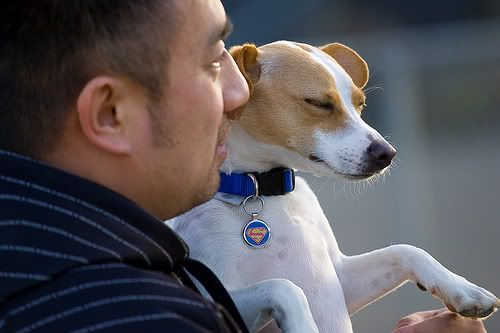Good pet parents are a new breed of pet owners who make sure that they are armed with the best information and the best conditions to raise a happier, healthier, better behaved pet.
There isn’t really a secret–it takes research, preparation, hard work, dedication, and commitment.
Outstanding pet owners tend to all have similar things in common but to be a good pet parent there is an actual list of required actions that take place on a regular basis.
Think you know what they are?
Not too long ago I asked, What is the one thing you wish you knew prior to getting a pet? Take a few minutes to think about it because I am going to ask you another question at the end of this post.
To earn the label of a good pet parent I put together a list.
A Good Pet Parent:
- Obtains an animal from an ethical and responsible party, shelter, or organization.
- Researches pet ownership prior to getting an animal or immediately upon ownership.
- Feeds a nutritious diet so the pet will never suffer obesity or the complications from it.
- Integrates the animal into the family and household.
- Makes sure the animal always has good shelter and protection from the elements.
- Commits to wellness check-ups twice a year and obtains veterinary care as needed.
- Engages in regular grooming practices and professional care when necessary.
- Participates in animal school so that the pet is understood and so rules can be established for the health & safety of all.
- Complies with all applicable laws related to pet ownership and proper pet management.
- Makes sure that the environment is safe and secure to prevent pet escapes or against the danger of intruders.
- Enriches the environment and provides mental stimulation for the pet through enrichment, toys, play, & training.
- Ensures that the pet has daily exercise and physical activity.
- Understands the risks of unauthorized contact or harassment when out in public (both to and from others).
- Learns how to minimize risks when traveling with the pet and during encounters with others.
- Makes a lifetime commitment to caring for and housing the pet.
- Respects the animal for who and what that animal is.
- Does not neglect or abuse the animal.
Okay, so that is my list from a professional perspective. Do you have something to add to this list? If so, chime in by leaving your comments–or join us over in the Facebook community?
Photo Credit: itonys


